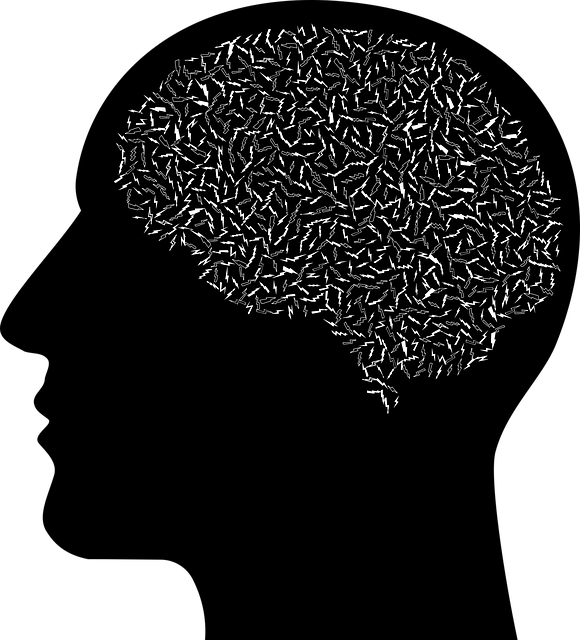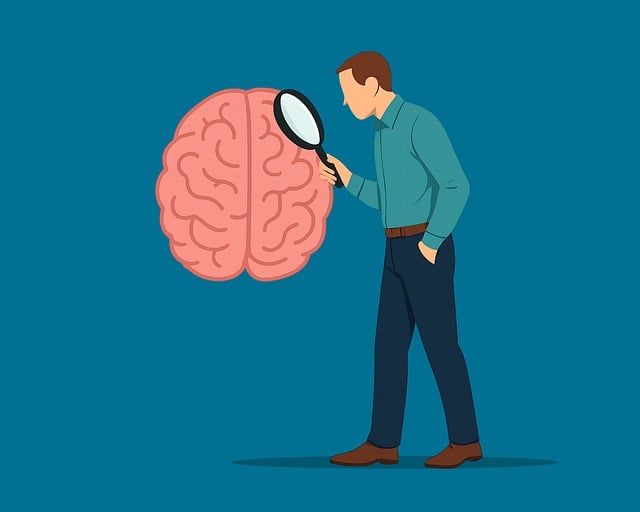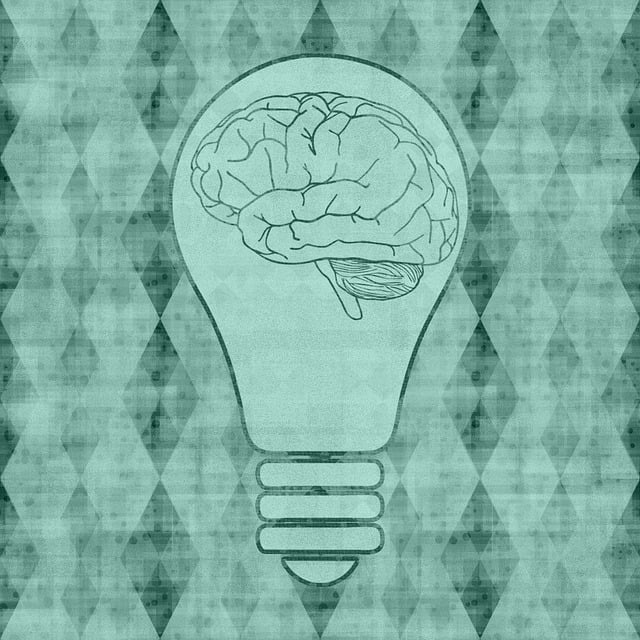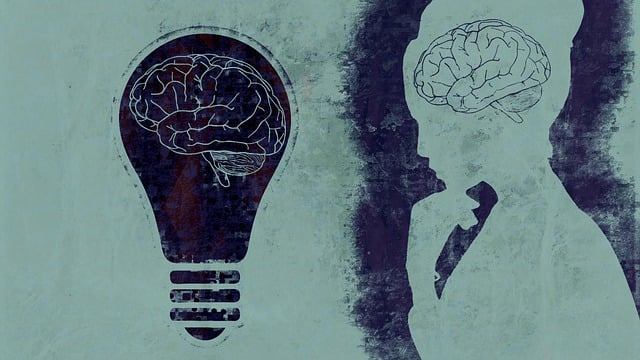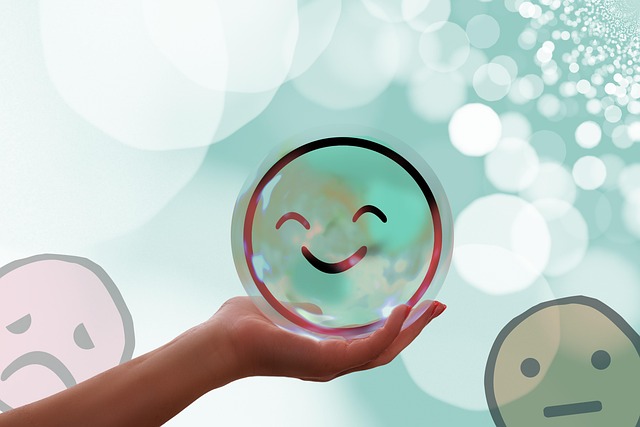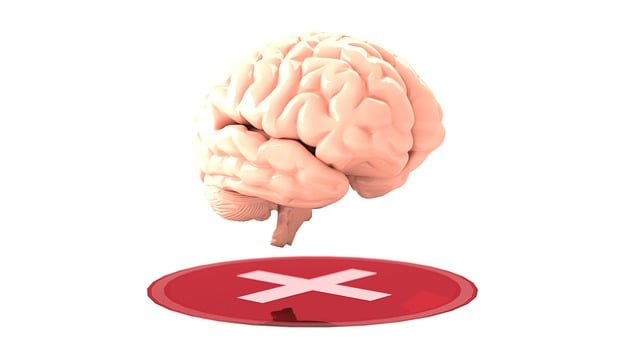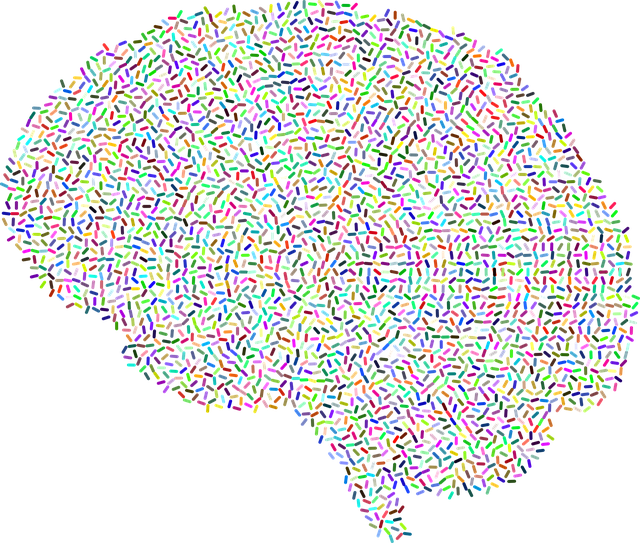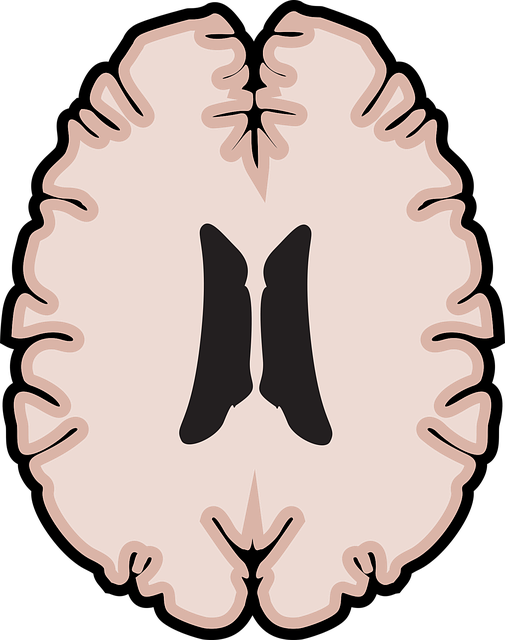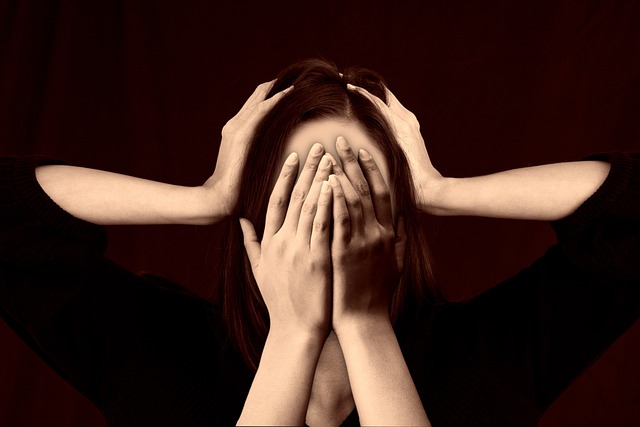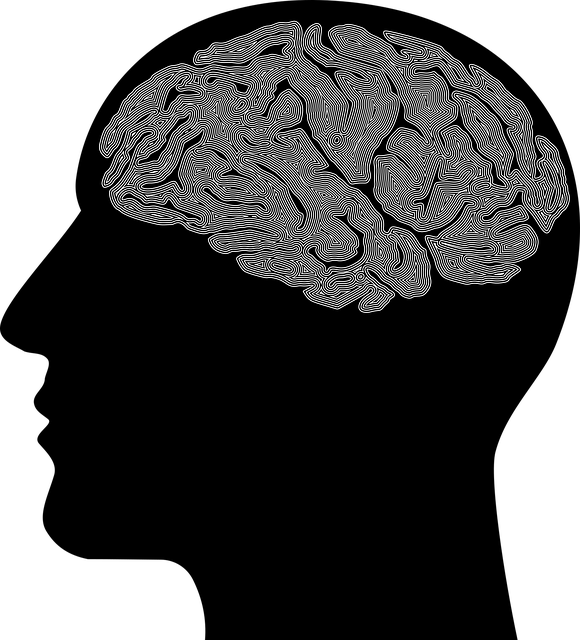Depression among teenagers, often characterized by irritability or social withdrawal, requires early recognition and understanding of mental health. A supportive environment coupled with healthy routines like exercise, sleep, and nutrition can improve their well-being. Proactive therapy for adolescent teens, including Cognitive Behavioral Therapy (CBT), teaches coping skills and self-care, addressing sexual dysfunction and building resilience against depression. Open communication and personalized therapy sessions reduce stigma, encouraging teens to seek help for improved mental health.
Depression among teens is a growing concern, but with proactive strategies, we can empower young individuals to navigate their mental health. This article offers a comprehensive guide to preventing depression, focusing on early recognition and evidence-based practices. We explore the benefits of therapy tailored for adolescent teens, integrating lifestyle changes and resilience-building techniques. Additionally, we delve into the often-overlooked aspect of sexual dysfunction as a potential trigger, offering strategies to address this sensitive issue, including specialized therapy for adolescents.
- Recognizing the Signs of Depression in Teens
- The Role of Therapy in Preventing Depression
- Lifestyle Changes for Improved Mental Health
- Building Resilience: Strategies for Overcoming Sexual Dysfunction
Recognizing the Signs of Depression in Teens

Depression among teens is a growing concern, and recognizing the signs early can be life-saving. Adolescents may experience symptoms like persistent sadness, loss of interest in activities they once enjoyed, changes in appetite and sleep patterns, fatigue, difficulty concentrating, and even thoughts of death or suicide. These signs can manifest differently in teens compared to adults, often presenting as irritability, anger, or a sudden withdrawal from social activities, including those involving technology, which is crucial in today’s digital era.
Communication strategies play a vital role in helping teens cope with depression. Encouraging open and honest conversations about emotions and mental health can make a significant difference. Parents and caregivers should create a safe space for teens to express their feelings without judgment, offering support and guidance. Additionally, fostering Self-Care Routine Development for Better Mental Health involves teaching teens healthy habits like regular exercise, sufficient sleep, and balanced nutrition, which are essential for mood management and overall well-being.
The Role of Therapy in Preventing Depression

Depression prevention strategies often include therapy, which plays a pivotal role in equipping individuals with the tools to manage their mental health effectively. For adolescent teens, therapy serves as more than just a treatment; it’s a proactive measure to prevent the onset of depression and related issues like sexual dysfunction. Through therapy, young people can develop essential coping skills and learn healthy ways to navigate life’s challenges. This early intervention is crucial in fostering self-esteem improvement and establishing robust self-care routines for better mental health.
The therapeutic process helps teens understand their emotions, identify triggers, and develop healthier responses. By addressing underlying issues and teaching effective coping mechanisms, therapy empowers adolescents to build resilience against depression. Moreover, it provides a safe space for them to express themselves, explore personal experiences, and work through traumas or stressors that may contribute to sexual dysfunction. Such a holistic approach ensures that teens receive comprehensive care tailored to their unique needs, setting them on a path towards long-term mental well-being.
Lifestyle Changes for Improved Mental Health

Adolescent teens facing depression often benefit from lifestyle changes aimed at bolstering mental health. Regular physical activity, for instance, can significantly improve mood and reduce symptoms of depression. Encouraging teens to engage in sports or even simple daily walks can be a powerful tool in preventing depressive episodes. Additionally, fostering healthy eating habits contributes to overall well-being. A balanced diet rich in nutrients supports not just physical health but also cognitive function and emotional stability.
Beyond physical and dietary adjustments, therapy plays a pivotal role in depression prevention. Cognitive Behavioral Therapy (CBT) is particularly effective for adolescent teens, helping them identify and change negative thought patterns and behaviors associated with depression. Moreover, crisis intervention guidance can provide immediate support during times of heightened distress, teaching teens coping mechanisms to navigate challenging situations. Cultivating positive thinking through mindfulness practices or journaling has also proven beneficial in managing stress and promoting resilience against depressive episodes.
Building Resilience: Strategies for Overcoming Sexual Dysfunction

Depression prevention strategies often involve building resilience, especially when addressing issues like sexual dysfunction in adolescent teens. Early intervention is key; therapy for adolescent teens with sexual dysfunction can help them navigate and overcome challenges before they escalate into more severe mental health concerns. Techniques such as cognitive-behavioral therapy (CBT) have proven effective in treating both the sexual dysfunction and co-occurring conditions like anxiety relief.
Communication strategies play a vital role in this process, encouraging open dialogue between teens, parents, and therapists to dispel myths and reduce the mental illness stigma. By fostering an environment of understanding, these efforts can empower adolescents to seek help without fear of judgment. Through personalized therapy sessions, teens learn coping mechanisms tailored to their needs, promoting overall mental well-being.
Depression prevention is a multifaceted approach, and by recognizing early signs in teens, providing access to therapy, encouraging healthy lifestyle changes, and building resilience, we can significantly reduce its impact. Specifically, addressing issues like sexual dysfunction through specialized therapy for adolescent teens can be transformative. Ultimately, fostering open conversations about mental health and implementing these strategies collectively can create a supportive environment, ensuring better outcomes and enhanced well-being for our youth.
